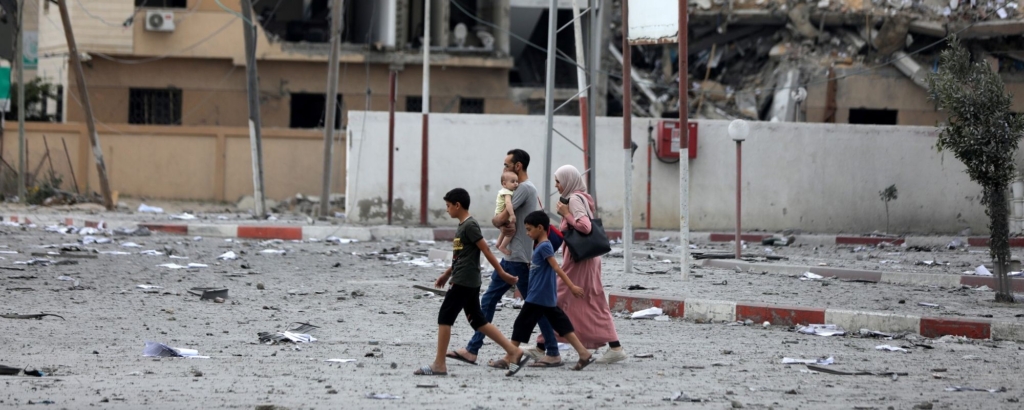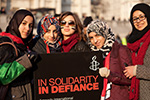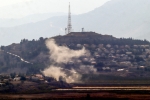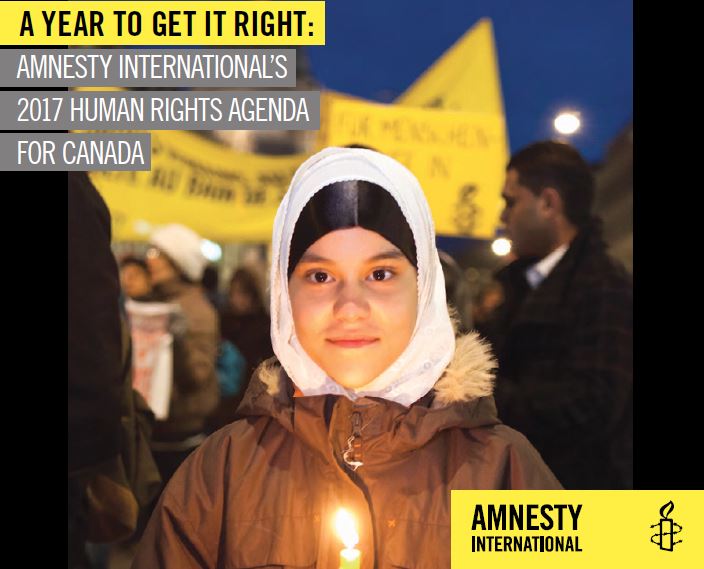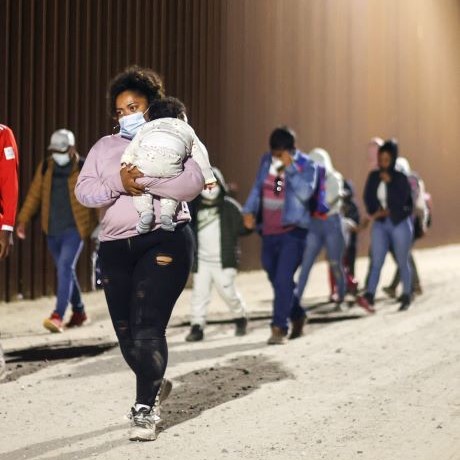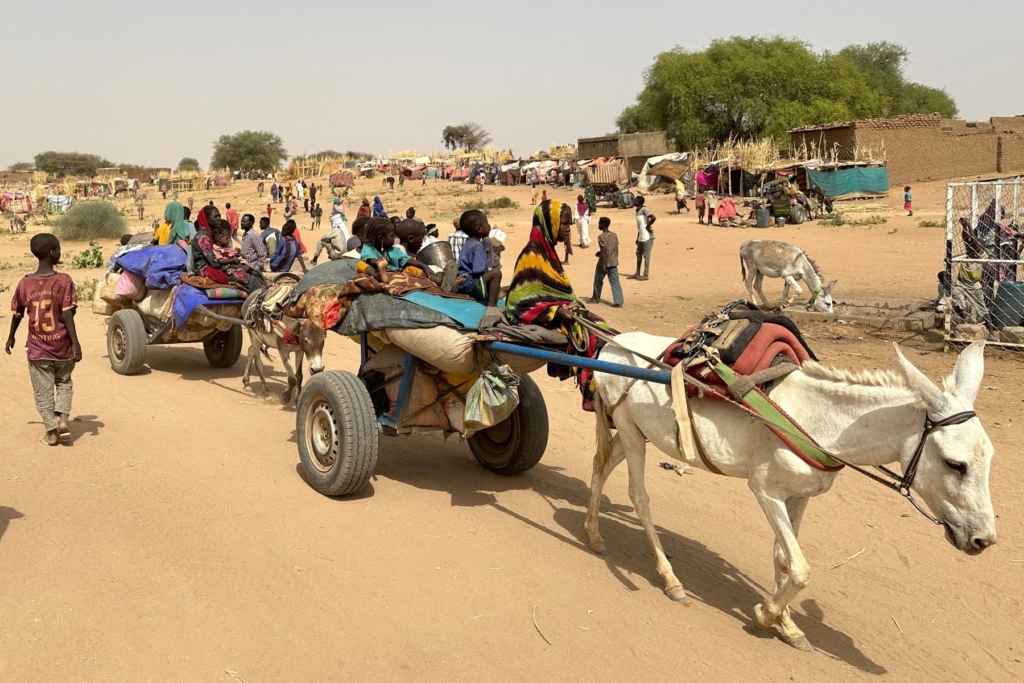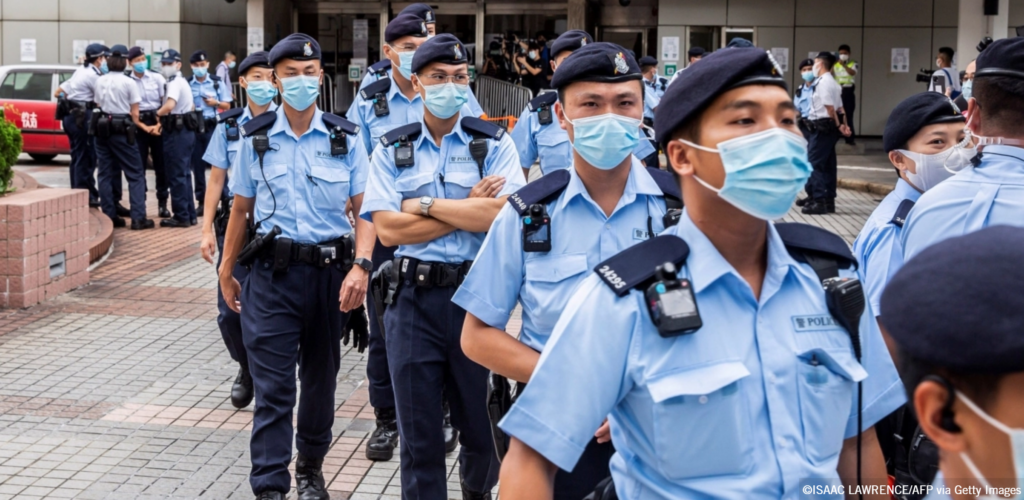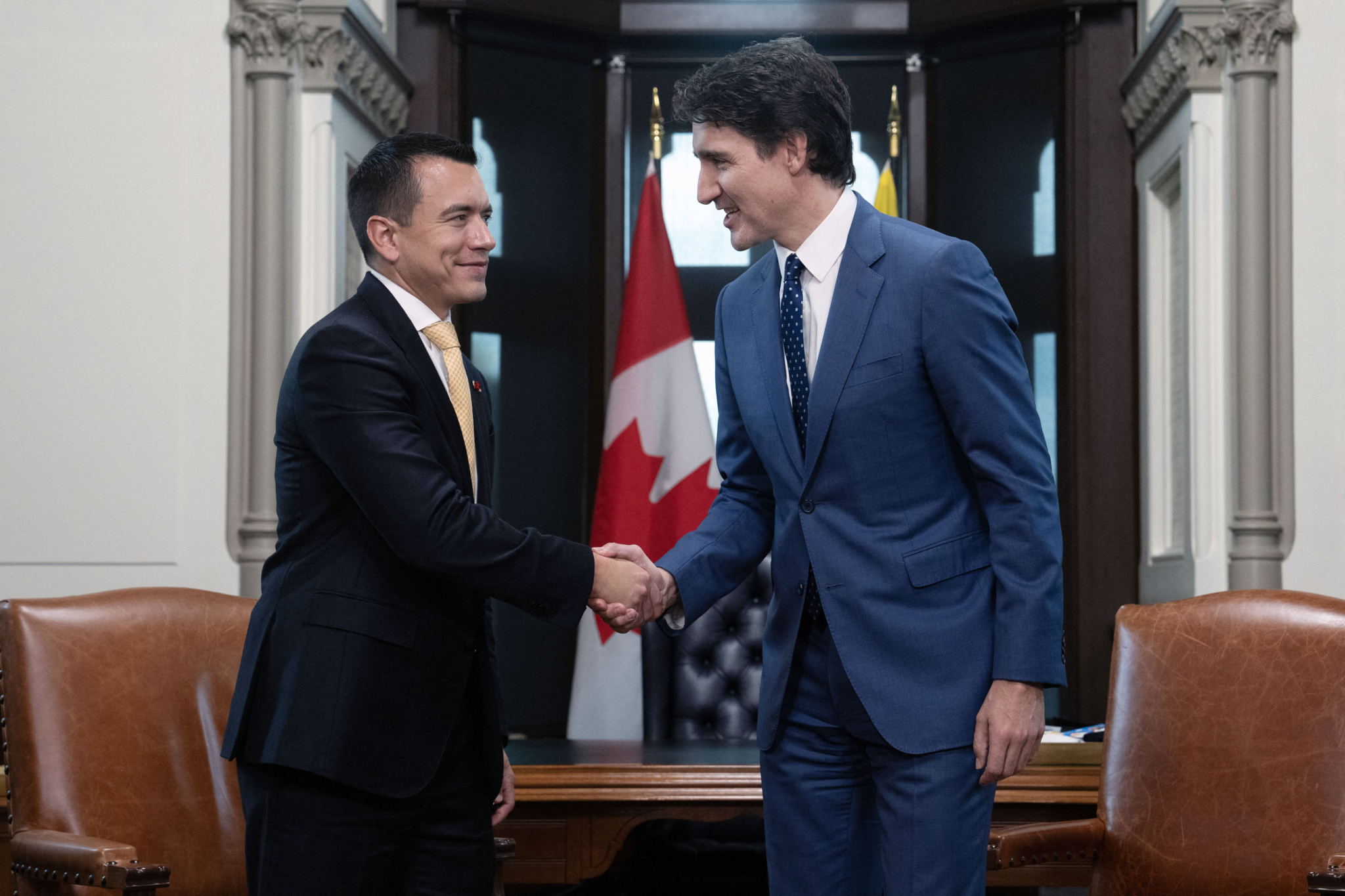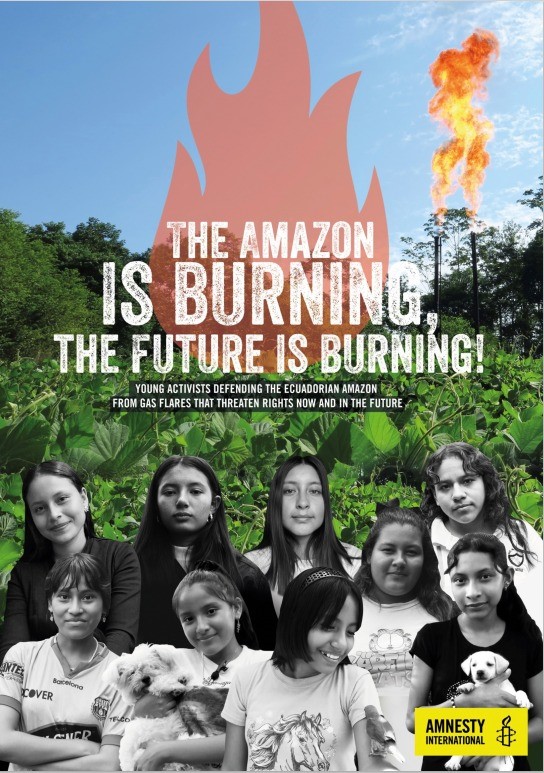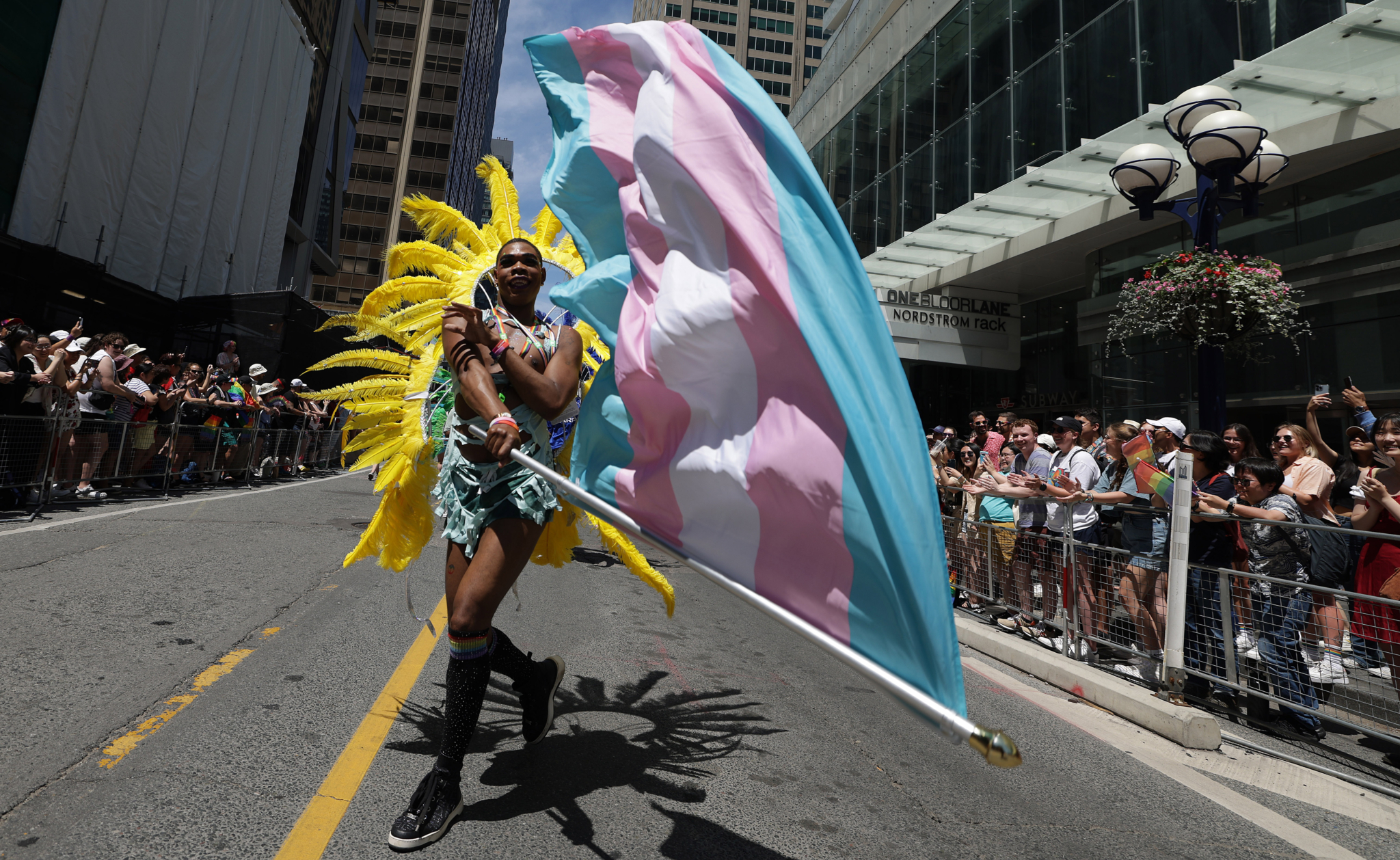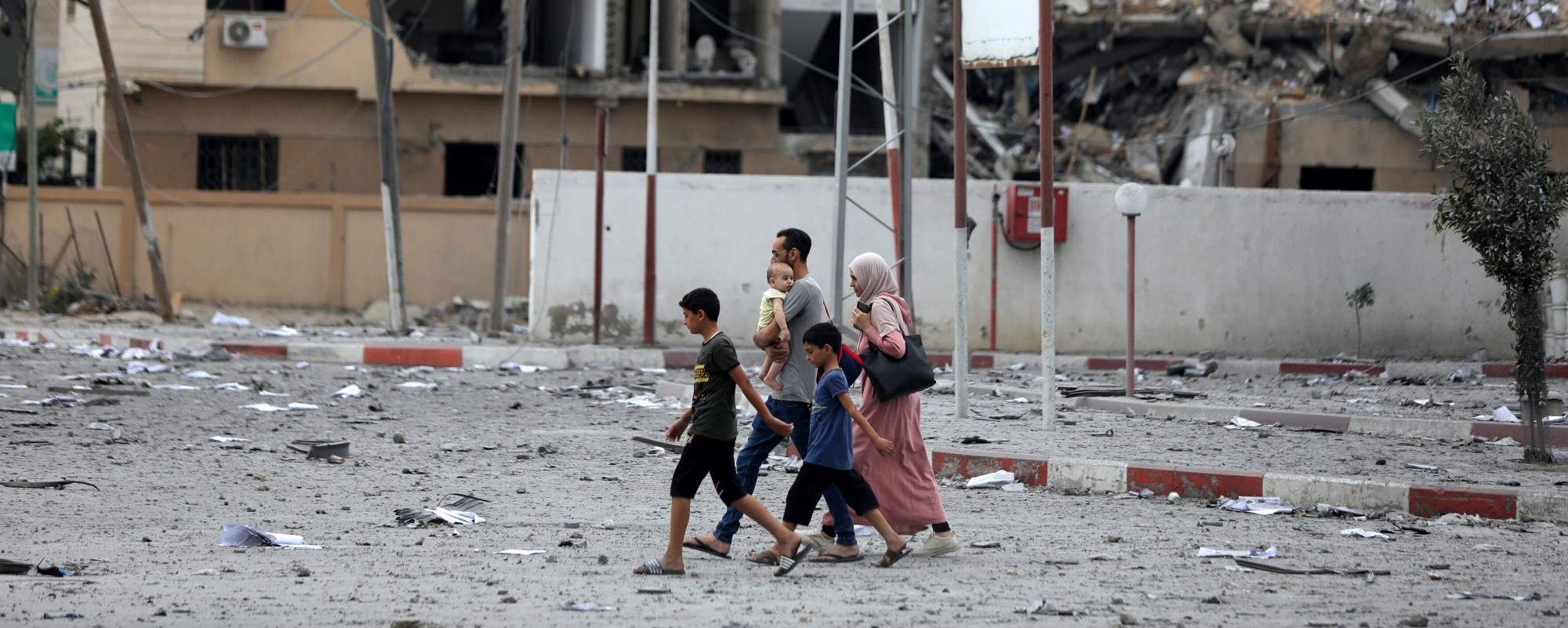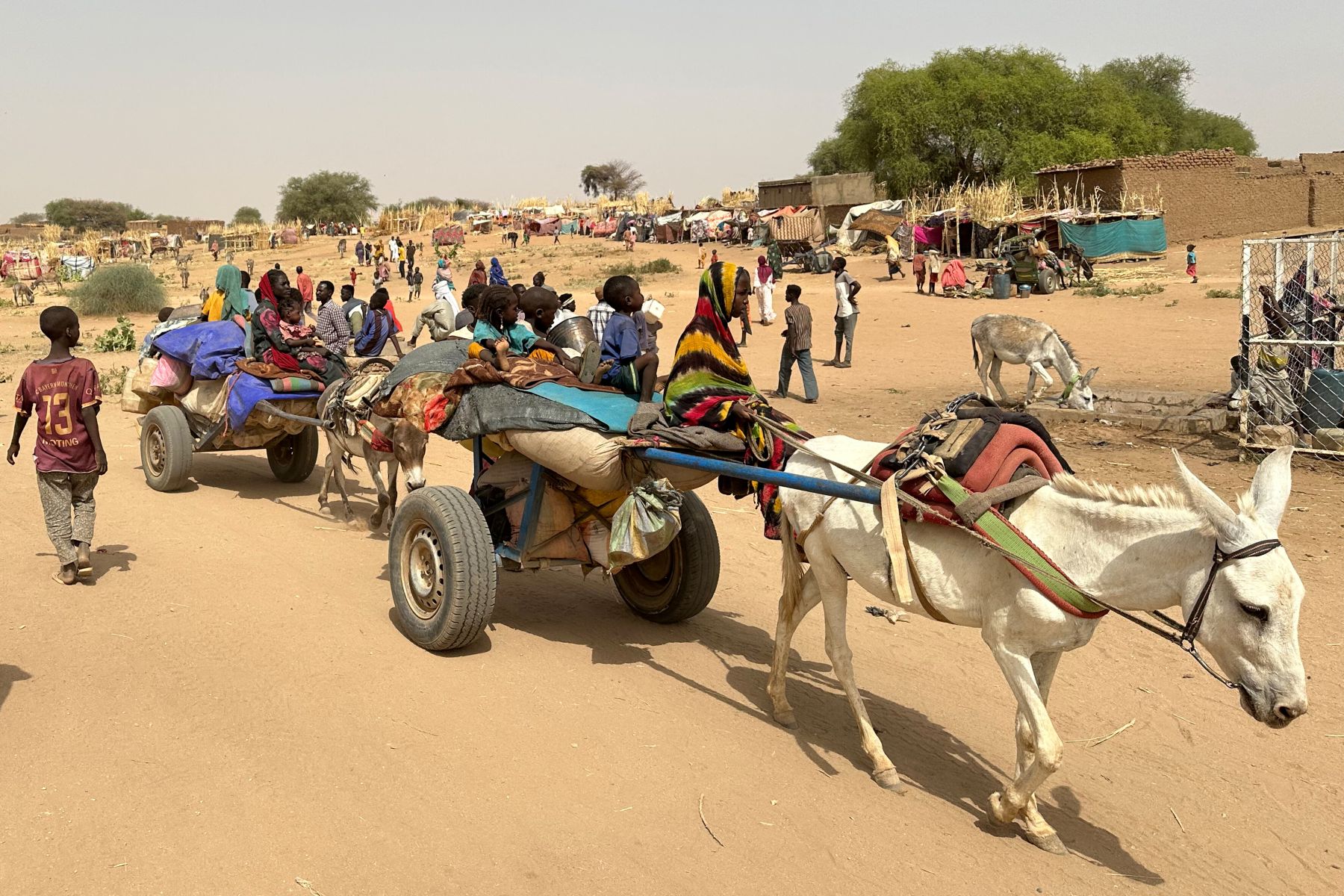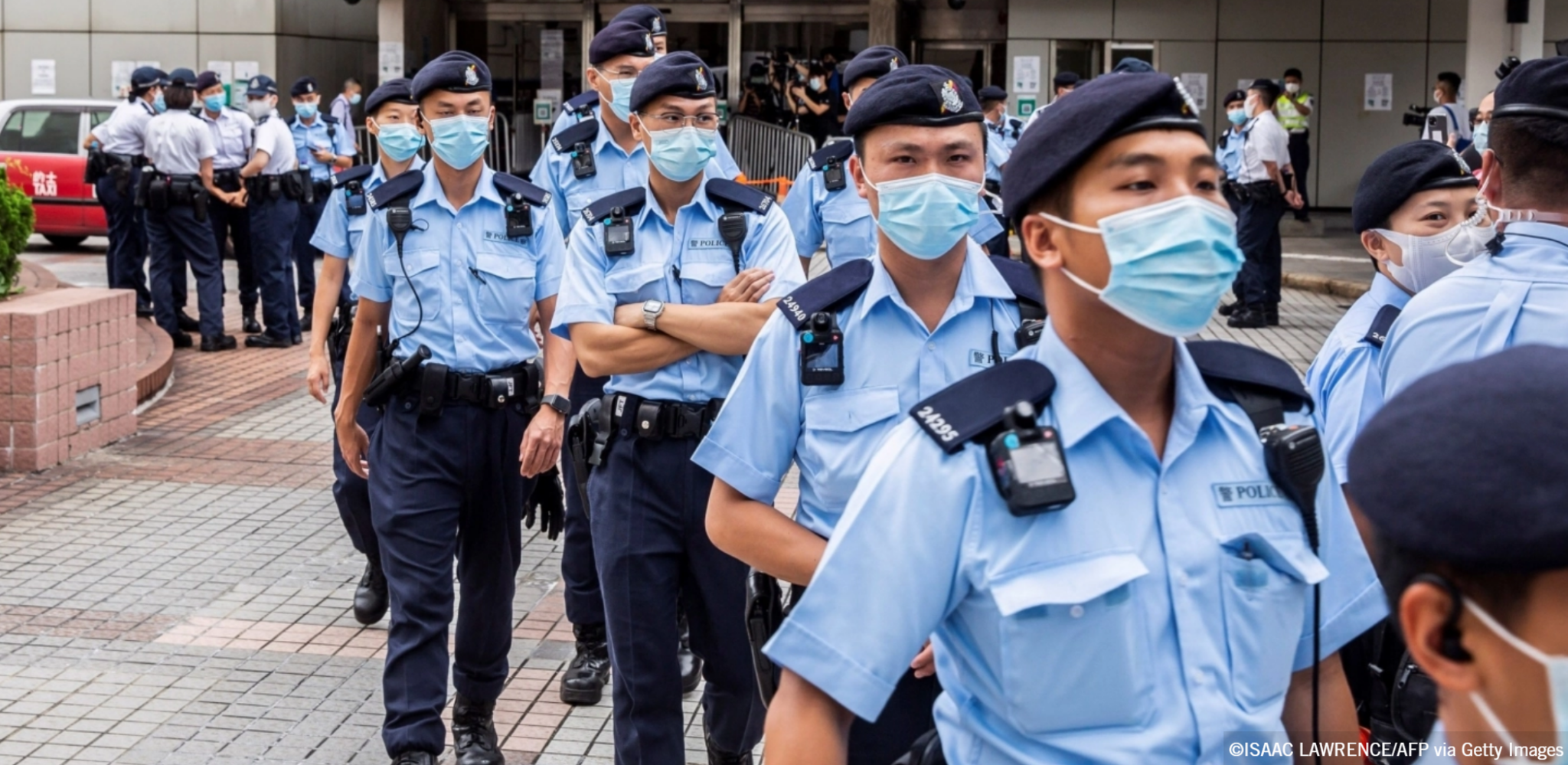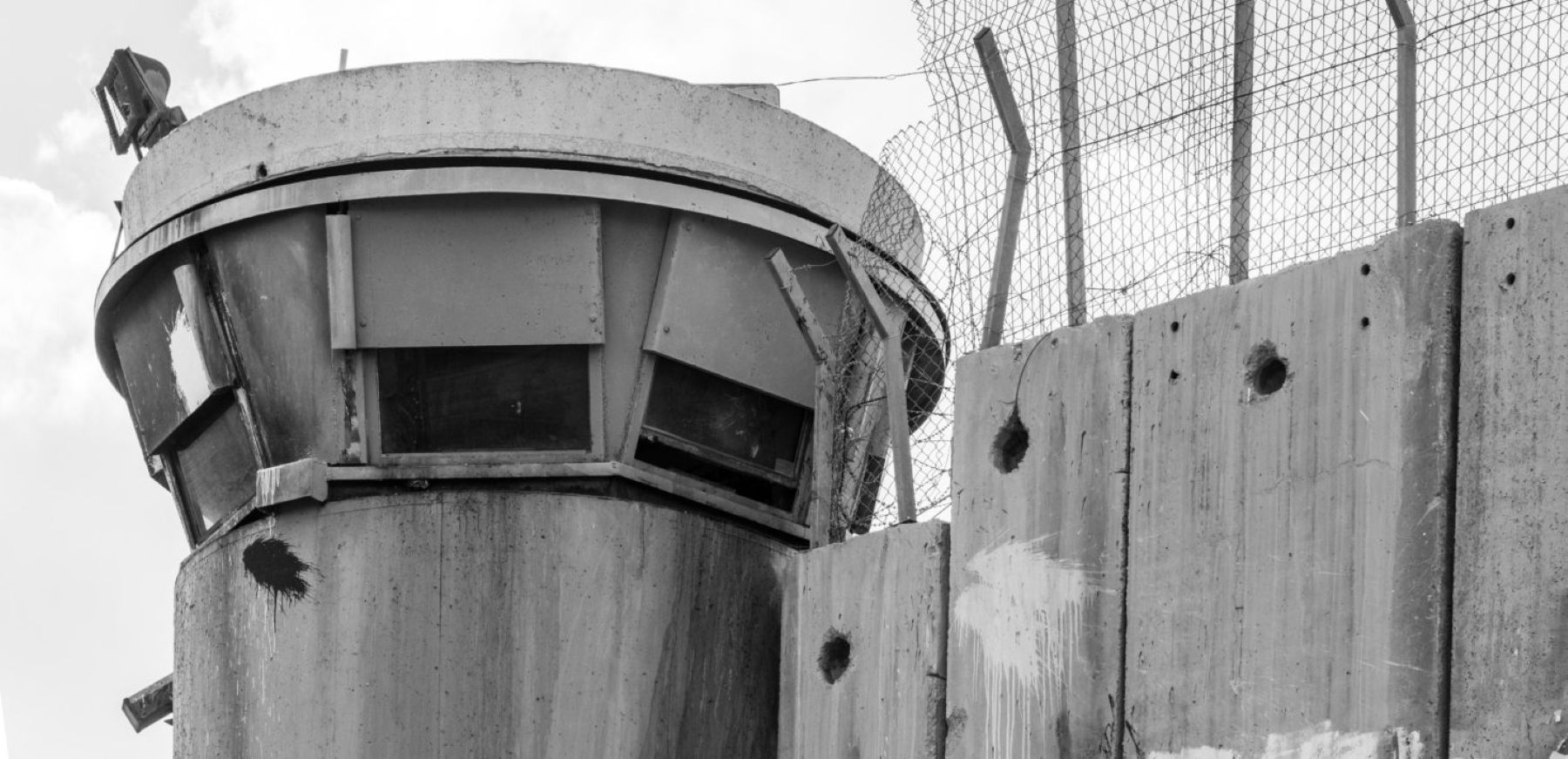Amnesty International is pressing Prime Minister Justin Trudeau to take decisive action on human rights at home and on the world stage during 2017, the 150th year of Canadian Confederation. Significantly, 2017 is also the 35th anniversary of the Canadian Charter of Rights and Freedoms and the 40th anniversary of the Canadian Human Rights Act. The call comes as the organization releases its annual Human Rights Agenda for Canada, pressing the federal government to build on progress seen in 2016 while addressing ongoing serious human rights shortcomings, particularly the failure to uphold the rights of First Nations, Métis and Inuit peoples who continue to suffer serious human rights violations in the shadow of Canada’s colonial legacy.
“In 2017, many Canadians will be celebrating the 150th anniversary of Confederation. It is important that this also be a moment of honesty about the fact that Canada was founded on the back of cruel and deliberate human rights violations against First Nations, Inuit and Métis peoples and that such violations have continued throughout Canadian history,” said Alex Neve, Secretary General of Amnesty International Canada’s English Branch. “More than that, 2017 must be a turning point marked by a sincere commitment and profound action by governments, institutions and Canadian society more broadly to ensure that such violations will at long last be brought to an end and justice done for those who have born the burden of this terrible history.”
Amnesty International’s 2017 Human Rights Agenda for Canada, A Year to Get It Right, provides 35 recommendations for urgently-needed action in the coming year. The agenda builds on an end-of-year assessment of the Trudeau governments’ human rights record in 2016 which found that, despite welcome commitments and a clear shift in tone from the government, there was unsatisfactory progress on more than half of the top human rights priorities submitted by Amnesty International the year before. Of particular concern is the wide gap between rhetoric and reality when it comes to the Trudeau government’s commitments to the human rights of Indigenous peoples.
Among the recommendations in Amnesty’s 2017 agenda are calls to halt construction of the Site C dam in northeastern British Columbia and to incorporate the vital principle of Free, Prior and Informed Consent into Canadian law and practice when taking decisions about natural resource development projects. Canada must also begin implementation of the UN Declaration on the Rights of Indigenous Peoples and take proactive action, even as the National Inquiry into Missing and Murdered Women and Girls progresses, to address known shortcomings which imperil the safety and rights of First Nations, Métis and Inuit women and girls across the country.
“We have heard a great deal of positive talk in 2016 about a new relationship with Indigenous peoples. Now it is time to get the work done. The government has the opportunity and responsibility this year to put respect for human rights at the heart of that new relationship,” said Béatrice Vaugrante, Director General of Amnesty International Canada’s Francophone Branch. “That must extend to all contexts and all decisions, including those related to natural resource projects, economic development and the allocation of resources.”
The Agenda draws further attention to an increasingly troubling global context, in which there is growing concern, uncertainty and trepidation about weakening human rights protection in many corners of the world. From Syria and Iraq, to Yemen and South Sudan, conflict and crises abound. Everywhere, human rights defenders are increasingly placed in jeopardy for the exercise of their critical work. Xenophobia, intolerance and injustice are of mounting concern as populist leaders pander to fear and suspicion and openly discredit universally-held human rights obligations. Core principles of justice, inclusion and respect of human rights for all are increasingly questioned and under siege.
“The importance of Canada’s international role cannot be understated in 2017. Principled, human rights leadership is in ever more scarce supply around the world,” said Vaugrante. “By championing gender equality and transgender rights, welcoming more than 30,000 Syrian refugees, adopting new guidelines to support front-line human rights defenders and re-engaging with the United Nations human rights system in 2016, Canada has taken crucial steps toward assuming a role the world so urgently needs. However, there is still much work to be done in 2017 for Canada to truly step up as a global champion of human rights and justice for all.”
Among the other recommendations in the 2017 agenda is a call on Canada to increase accountability for Canadian extractives companies operating abroad; develop an overarching human rights strategy for Canadian foreign policy; and adopt a human rights-based approach to national security. It further calls for more comprehensive focus on human rights in China, greater willingness to highlight human rights concerns in Israel, and withdrawal of approval for the $15 billion sale of light armored vehicles to Saudi Arabia. Finally, after successfully resettling close to 40,000 Syrian refugees in 2016, Amnesty International is calling on Canada to take on a leadership role in working to reform the global refugee system, ensuring that all countries equitably share responsibility for protecting the greatest number of refugees the world has seen since the Second World War.
“Universal human rights protection seems likely to face serious challenges from many governments in 2017. Rhetoric and policies that scapegoat and vilify certain sectors of society are on the rise; inevitably putting the most marginalized at the greatest risk,” said Neve. “There will be much pressure on Prime Minister Trudeau to get along with new counterparts, in the United States and other countries, who have come to power through campaigns that fueled racism, misogyny and division. At such a time the Prime Minister must ensure that unwavering respect for human rights is at the fore of what Canada does at home and promotes abroad, as never before. 2017 must be a year for human rights.”
+++++++++
For more media inquiries, contact Jacob Kuehn, Media Relations
613-744-7667 ext 236 // jkuehn@amnesty.ca
